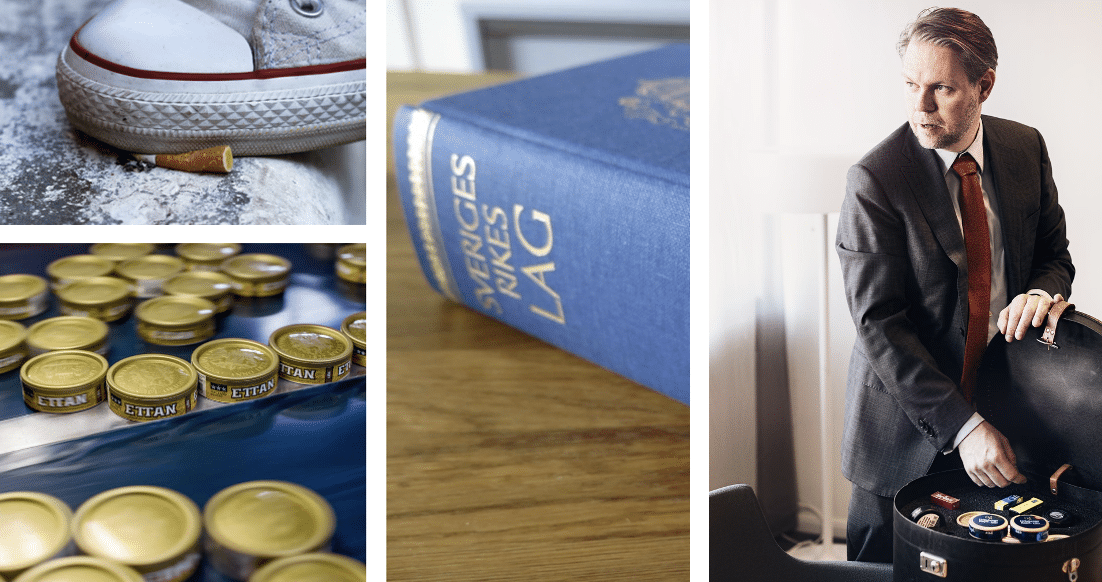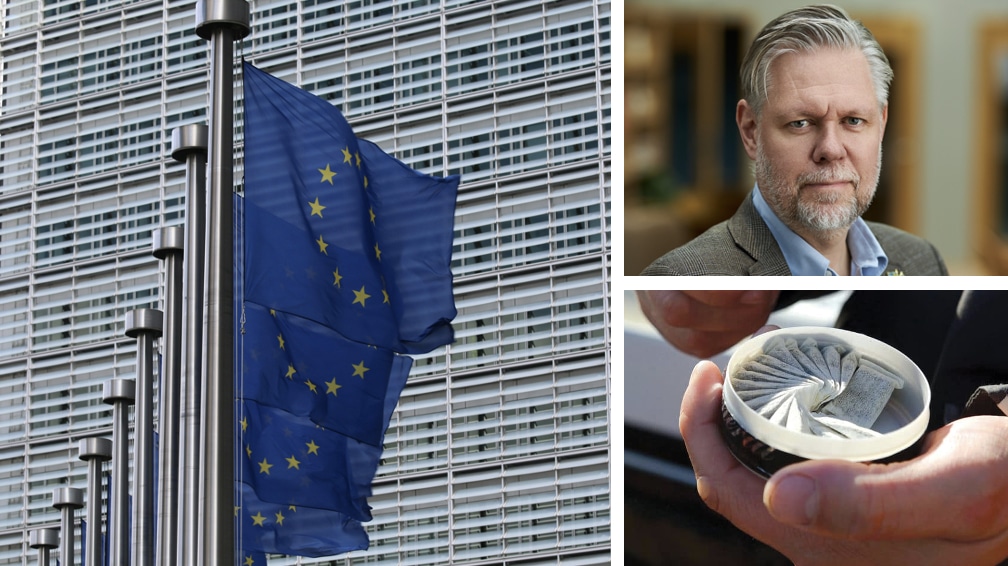
New calls to overturn UK snus ban post-Brexit
The New Nicotine Alliance, a UK-based non-profit, has launched a campaign to overturn the UK snus ban, sending a proposal to key decision makers in a bid to legalise Swedish snus.
The UK left the EU in February 2020, opening up the possibility for the British to decide on public health policy, including the ban on snus, which currently applies throughout the EU, with the exception of Sweden.
The UK has adopted an ambitious plan to end smoking in the country by 2030, as part of a range of measures to tackle preventable ill health.
A smoke-free UK by 2030
The New Nicotine Alliance has sent a letter with ten proposals to the British government’s leading public health representatives.
In the letter, sent to Jo Churchill, Under-Secretary of State for Prevention, Public Health and Primary Care, the New Nicotine Alliance welcomes the British Government’s goal of a smoke-free UK by 2030.
“We support this goal and agree that smokers should be strongly encouraged to move to low-risk alternatives to smoking – these include e-cigarettes, heated tobacco products, smokeless tobacco and novel oral nicotine products such as pouches,” the NNA writes.
“These products, beyond any reasonable doubt, offer deep reductions in risk to a smoker who switches from cigarettes to any of these products.”
The NNA also notes that the National Health Service already supports the use of e-cigarettes as a tool for quitting cigarettes, as vaping is less harmful than smoking.
End the ban on snus after Brexit
This is not the first proposal to lift the UK snus ban after Brexit. In 2018, the British House of Commons’ Committee on Science and Health recommended in a report that the country seek to review the snus ban after leaving the EU.
Below is the full list of suggestions in the New Nicotine Alliances’ letter:
1. Lift the ban on oral tobacco (snus) and properly regulate all smokeless tobacco
2. Raise the limit on nicotine concentration in vaping liquids to allow vaping products to compete more effectively with cigarettes
3. Replace bans on advertising of vaping products on TV, radio, internet and in publications with controls on themes and placement
4. Replace blanket bans on advertising of low-risk tobacco products with controls on themes and placement
5. Replace excessive and inappropriate warnings on vaping products with risk communications that encourage smokers to try switching
6. Replace excessive and inappropriate warnings on non-combustible tobacco products
7. Allow and enable candid communication of relative risk to consumers
8. Adopt a fresh approach to pack inserts for both vaping products and cigarettes to encourage switching to lower risk products
9. Remove wasteful restrictions on vaping product tank and e-liquid container size that have no discernible purpose
10. Recognise and regulate novel oral nicotine products
“The proposals do not require additional public spending and may create savings to the NHS and other public bodies,” the organisation adds in its letter.
Why does Sweden equate snus with cigarettes?
Patrik Strömer, Secretary General of the Association of Swedish Snus Manufacturers says that it was “gratifying” to see another European country “work actively to reduce harm when it comes to tobacco”.
“The UK has already shown that freedom of choice for consumers leads to fewer smokers, while other countries that only pursue a repressive policy have had less success,” he argues. “I hope the British Government listens to this advice”.
He called on the authorities in Sweden to similarly stop “equating snus and cigarettes”, citing the “monumentally different” risks between the two products.




